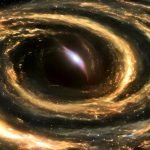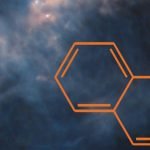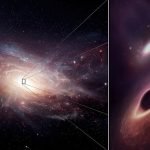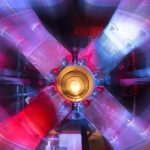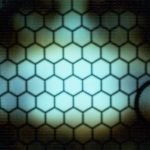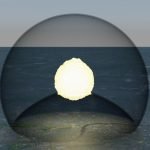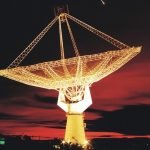Scientists discover an unusual planetary system that challenges current theories
Scientists discover an unusual planetary system in which a large gas giant planet orbits a small red dwarf star called TOI-5205.
Scientists find link between black holes and dark energy
Researchers have uncovered the first evidence of “cosmological coupling”—a newly predicted phenomenon in Einstein’s theory of gravity, possible only when black holes are placed inside an evolving universe.
How do small PAH molecules survive in space
A new study provides an answer to the question: How do small PAH molecules survive in space?
Scientists discover galaxy that’s almost entirely dark matter
Astronomers have discovered a galaxy with very little or no stellar mass.
Galaxies like these are called ‘dark galaxies.’
It contains clouds of gas but very...
Scientists detect a black hole table for two
Astronomers have discovered a galactic table for two—a pair of unusually close black holes that are feeding together after their respective galaxies collided.
Ghostly neutrinos provide new path to study protons
Scientists have discovered a new way to investigate the structure of protons using neutrinos, known as ‘ghost particles.’
Scientists develop a new model for dark matter
Scientists have now proposed a new candidate for dark matter: HYPER, or "HighlY Interactive ParticlE Relics."
How a 3 cm glass sphere could help understand space weather
UCLA researchers reproduced the gravity that exists on or near stars and other planets inside of a 3 cm glass sphere.
How to shelter from a nuclear explosion
There is no good place to be when a nuclear bomb goes off. Anything too close is instantly vaporized, and radiation can pose a serious health threat even at a distance.
Astronomers capture radio signal from distant galaxy
How do stars form in distant galaxies?
Astronomers have long been trying to answer this question by detecting radio signals emitted by nearby galaxies.
However, these...


